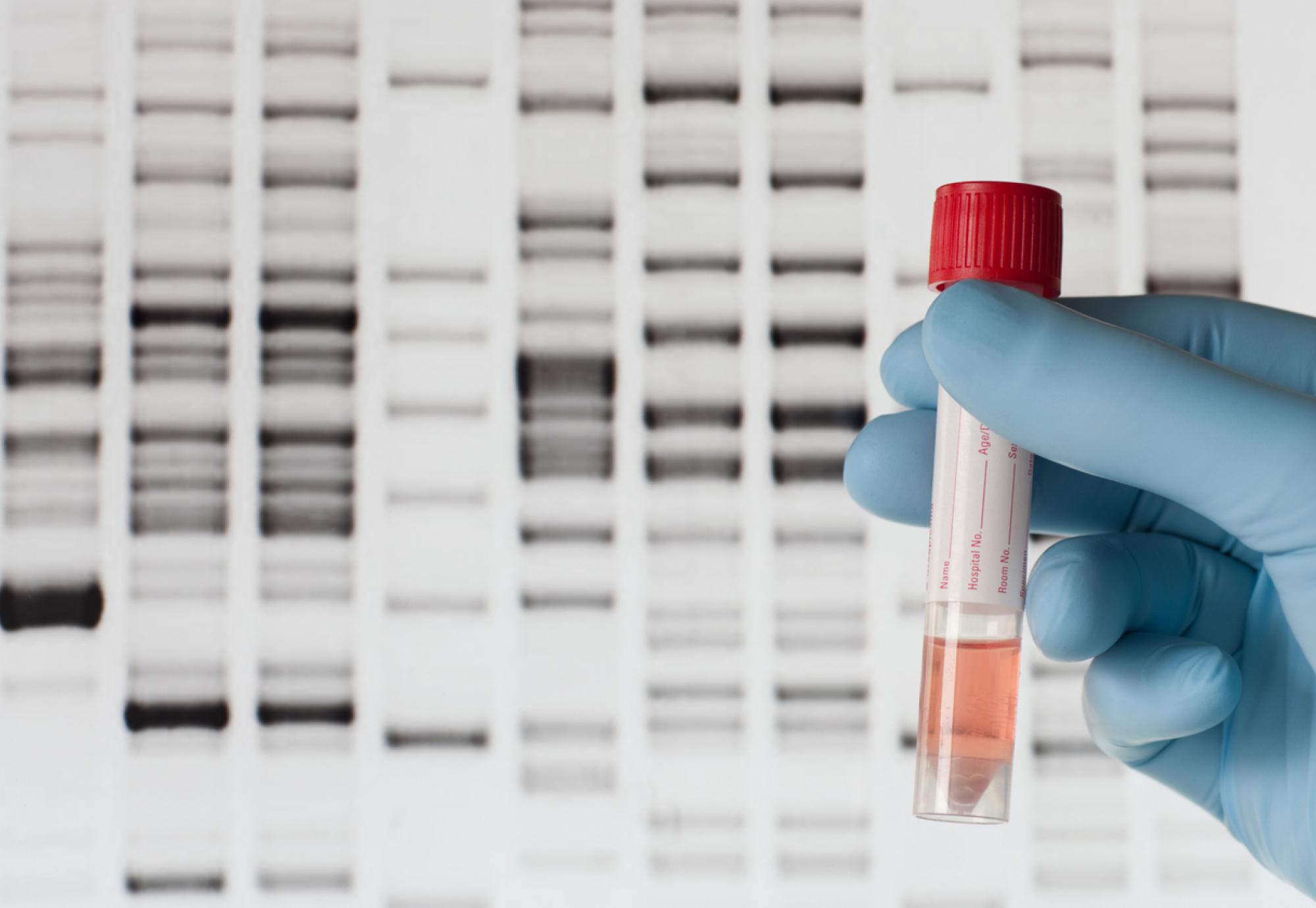Black, Asian and ethnic minorities are underrepresented in genetic medicine research but targeted public engagement along with the acknowledgement of past mistakes could help stamp out disparities, a new report from the NHS Race and Health Observatory and University of Nottingham has said.
The report is the first of its kind and finds that ethnic minority groups are mostly absent from research participation, leading to poor health outcomes for diverse groups across a range of conditions.
This comes after experts analysed 70 policy and guidance documents published between 2017 and 2022 — only 50 of which included broad and limited ethnicity information linked to precision medicine and/or genomics.
The lack of ethnic representation in genetic research datasets means the possibility of reviewing how well genetic testing and personalised medicine is working across different ethnic groups is limited, according to the report’s authors.
They further say that the lack of participation is partially down to a loss of trust in medical institutions due to previous abuses of ethnic minority groups, while others do not understand why their participation may help their family and community.
“Genomics and precision medicine are currently at the cutting edge of medical technology and promise a world in which treatments can be more targeted and effective,” explained Professor Habib Naqvi, CEO at the NHS Race and Health Observatory.
“There is a risk, however, that these advances could leave behind those communities who already experience stark health inequalities. We know ethnic minority groups are under-represented in medical research and in genomic biobanks.”
In view of this, the researchers have made a number of recommendations to ensure more equity within genomic medicine. They are broken down as:
- Meaningful community engagement — making sure diverse patient groups are aware and involved in genetic medicine service discussions
- Building trust — acknowledge the impact of past medical trials and form partnerships with the third sector
- Ensuring equitable access — consistently monitor patient access data and undergo measures to tackle barriers, such as providing interpreters for complex medical language
- Sharing practical knowledge — regular monitoring and evaluation reports of projects by NHS England’s Genomics Policy Unit to be published and made accessible
- Diversifying research participation — ensure research datasets hold genetic information that is representative of the diverse population, with appropriate coding and recording of ethnicities
- Training and education — increase the diversity of genetic service workforces, along with insights to develop better genetic medicine education materials for healthcare professionals, incorporating diverse cultural awareness training
Dr Nadeem Qureshi, clinical professor at the University of Nottingham’s school of medicine, said: “Key to improving access to genomic medicine services is accurate monitoring of the ethnicity of those accessing the services, together with monitoring outcomes of care between different ethnic groups.
“Achieving this will also be dependent on the right infrastructure being in place and effective collaboration between relevant stakeholders, including tailored public engagement activities appropriate to specific ethnic communities.”
Dr Veline L’Esperance, senior clinical advisor at the NHS Race and Health Observatory, believes that improving public health education is essential.
She commented: “Without fully understanding our genetic variation, the option of developing potential life-saving precision medicine services that can help cure illness, prevent health conditions and disease, remain curtailed for our diverse communities.
“We must ensure all national research databases which hold genetic information are inclusive with appropriate coding and have a broad range of ethnicities recorded.”
Image credit: iStock



















